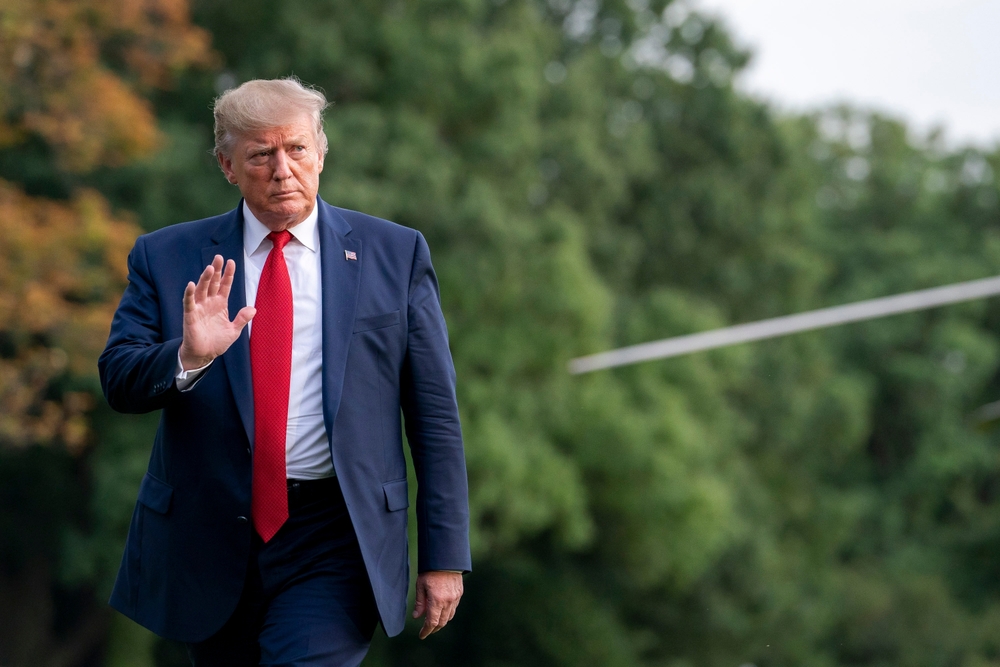Is the U.S.-UAE AI Chip Deal a Strategic Masterstroke or a Security Gamble?
In a significant development, the United States and the United Arab Emirates (UAE) have finalized a technology framework agreement, allowing the UAE to import 500,000 of Nvidia's advanced AI chips annually starting in 2025. This deal is part of a broader $200 billion package aimed at strengthening technological ties between the two nations.
Strategic Implications
The agreement is poised to bolster the UAE's ambitions to become a global leader in artificial intelligence. A key component involves constructing one of the world's largest AI data centers in Abu Dhabi, spearheaded by Emirati AI firm G42. This initiative aligns with the UAE's strategy to diversify its economy beyond oil and invest in cutting-edge technologies according to the Financial Times.
Related: Trump and Saudi Arabia Seal Historic $142 Billion Defense and Economic Deal
Economic Impact
For U.S. companies like Nvidia, the deal opens a lucrative market in the Middle East, potentially leading to increased revenues and a stronger global presence. The UAE's commitment to invest $1.4 trillion in the U.S. over the next decade further underscores the economic significance of this partnership.
Related: “Original Sin” Exposes Biden’s Final Years: Inner Circle Hid Decline, Book Claims
Related: Mohammed bin Salman: Saudi Arabia's Crown Prince of Influence
Security Concerns
Despite the economic benefits, the deal has raised national security concerns. G42's past ties to Chinese companies have led to scrutiny from U.S. lawmakers worried about the potential transfer of sensitive technology. Although G42 has divested its Chinese investments, questions remain about the safeguards in place to prevent unauthorized technology sharing.
Conclusion
The U.S.-UAE AI chip deal represents a significant step in international technological collaboration, offering economic advantages and strategic positioning in the AI sector. However, it also highlights the delicate balance between fostering innovation and ensuring national security. As the partnership unfolds, careful oversight will be essential to navigate the complexities of global tech alliances.













